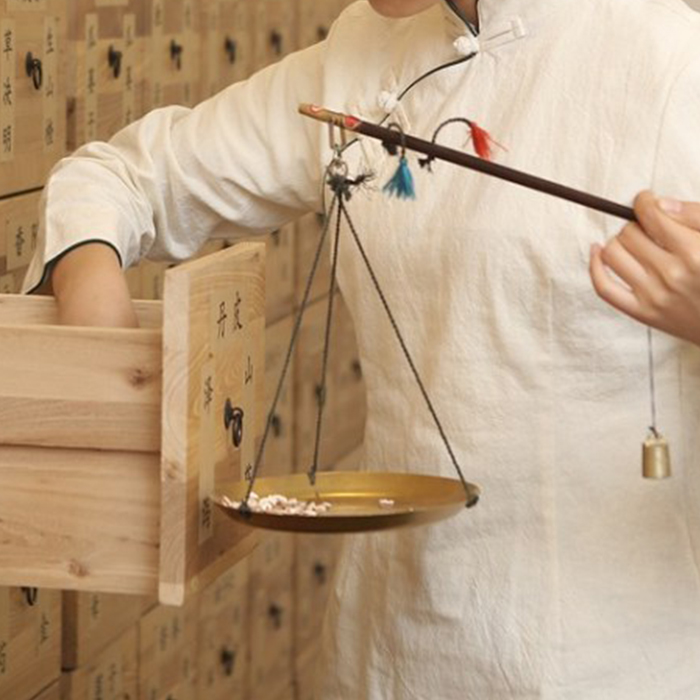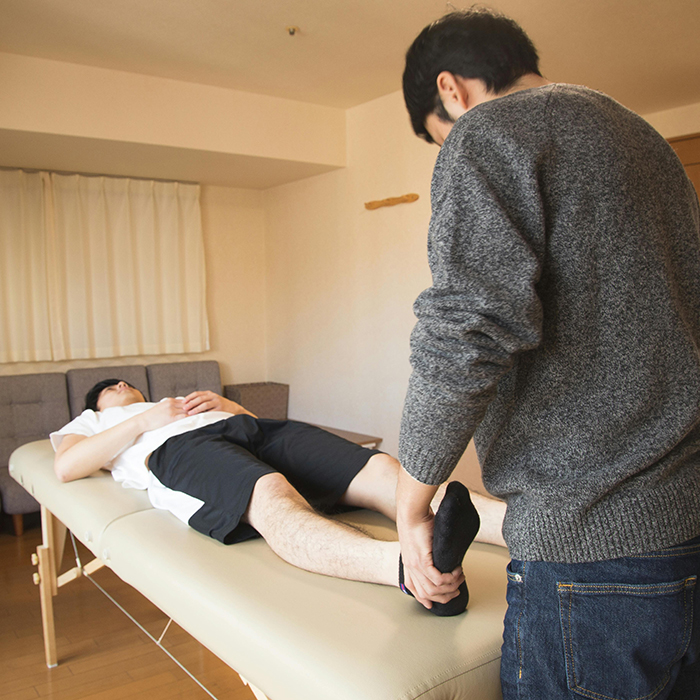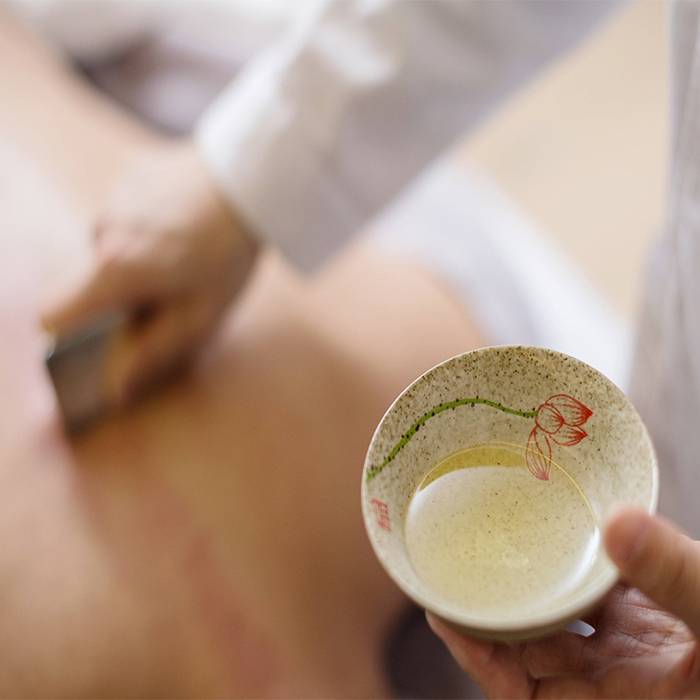Traditional Chinese Medicine Courses in Beijing: The Charm and Inheritance of Royal Palace Hall
Traditional Chinese medicine, as an important component of Chinese traditional medicine, has a long history and profound cultural connotations. Nowadays, traditional Chinese medicine is gradually gaining more attention and recognition worldwide. It is not only widely used in China but also becoming a sought-after therapy in many countries. Therefore, the development prospects of traditional Chinese medicine are broad and promising.
Firstly, traditional Chinese medicine has special advantages in prevention and healthcare. Traditional Chinese medicine emphasizes "preventing diseases before they occur." This means achieving the purpose of preventing diseases by adjusting the balance of yin and yang and coordinating the five elements in the body. Traditional Chinese medicine focuses on maintaining the overall health of individuals, encouraging people to adopt healthy lifestyles including dietary adjustments, exercise, emotional well-being, etc., to enhance the body's self-healing ability and immunity. This health-centered concept is in line with modern people's pursuit of holistic health, thus traditional Chinese medicine has broad market demand and development prospects in disease prevention and healthcare.
Secondly, the efficacy of traditional Chinese medicine has been scientifically verified and recognized in some fields. With the development of modern medicine, more and more studies have shown that traditional Chinese medicine has special advantages and efficacy in the treatment of many diseases. For example, acupuncture, tuina massage, and other traditional Chinese medical therapies have been widely used in pain management, rehabilitation, and mental health fields, achieving remarkable results in improving patients' quality of life. These scientific research and clinical practice results have gained more people's trust in traditional Chinese medicine and provide a solid foundation for its future development.
Furthermore, traditional Chinese medicine's position in the comprehensive medical system is increasingly important. With the accelerated global aging process and the rising incidence of chronic diseases, the demand for traditional medicine is growing. Compared to Western medicine, traditional Chinese medicine focuses on holistic observation and treatment, providing personalized diagnoses and treatment plans. Therefore, many countries are strengthening the education and research of traditional Chinese medicine, incorporating it into the comprehensive medical system to meet the increasing demand for health care.
Additionally, the combination of traditional Chinese medicine and modern technology brings new opportunities for its development. With the rapid development of technologies such as artificial intelligence and big data, traditional Chinese medicine research and clinical practice are gradually becoming digitalized and smart. By establishing traditional Chinese medicine databases, developing traditional Chinese medicine diagnostic assistance systems, etc., traditional Chinese medicine knowledge can be better integrated and disseminated, improving the accuracy and reliability of traditional Chinese medicine.
In conclusion, traditional Chinese medicine is attracting more attention and recognition globally, with promising prospects for its development. By focusing on prevention and healthcare, verifying its efficacy scientifically, enhancing its position in the comprehensive medical system, and integrating with modern technology, traditional Chinese medicine is set to continue making significant contributions to global health and well-being.



















